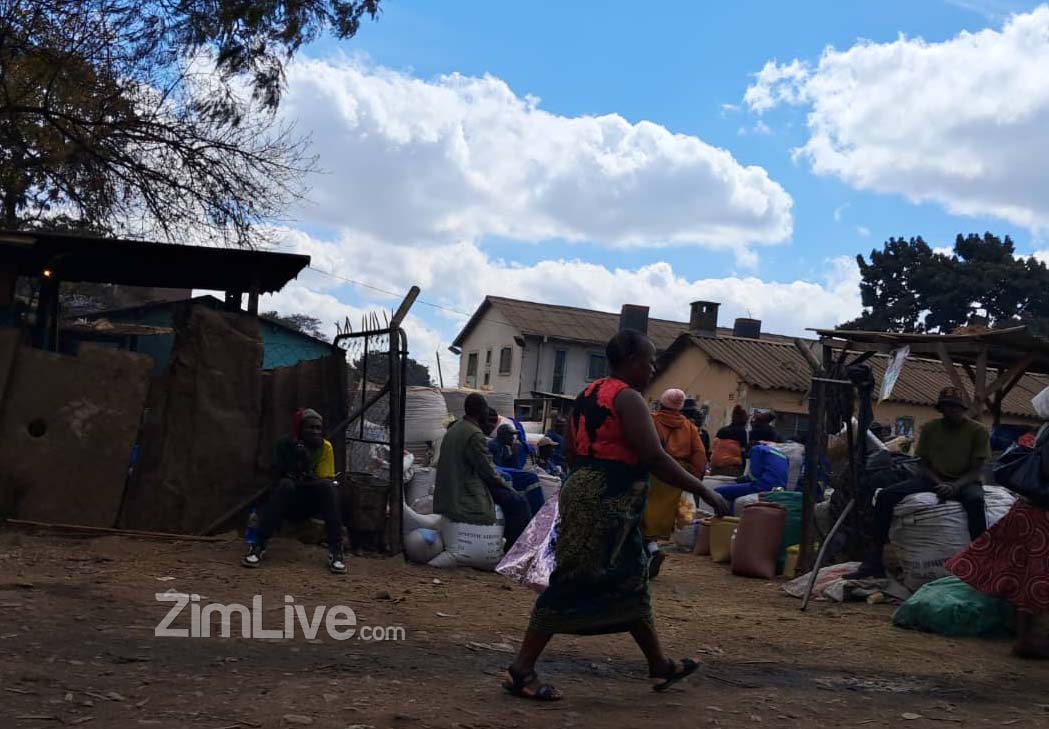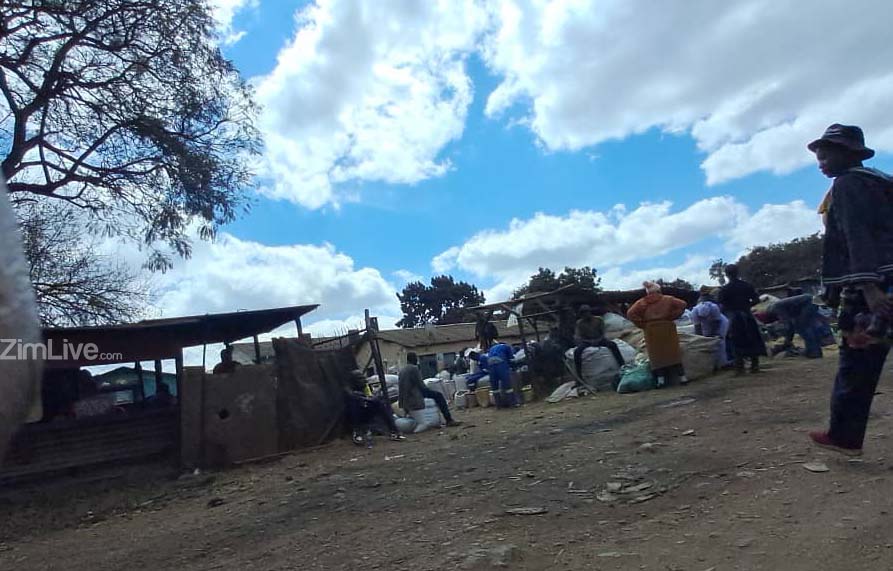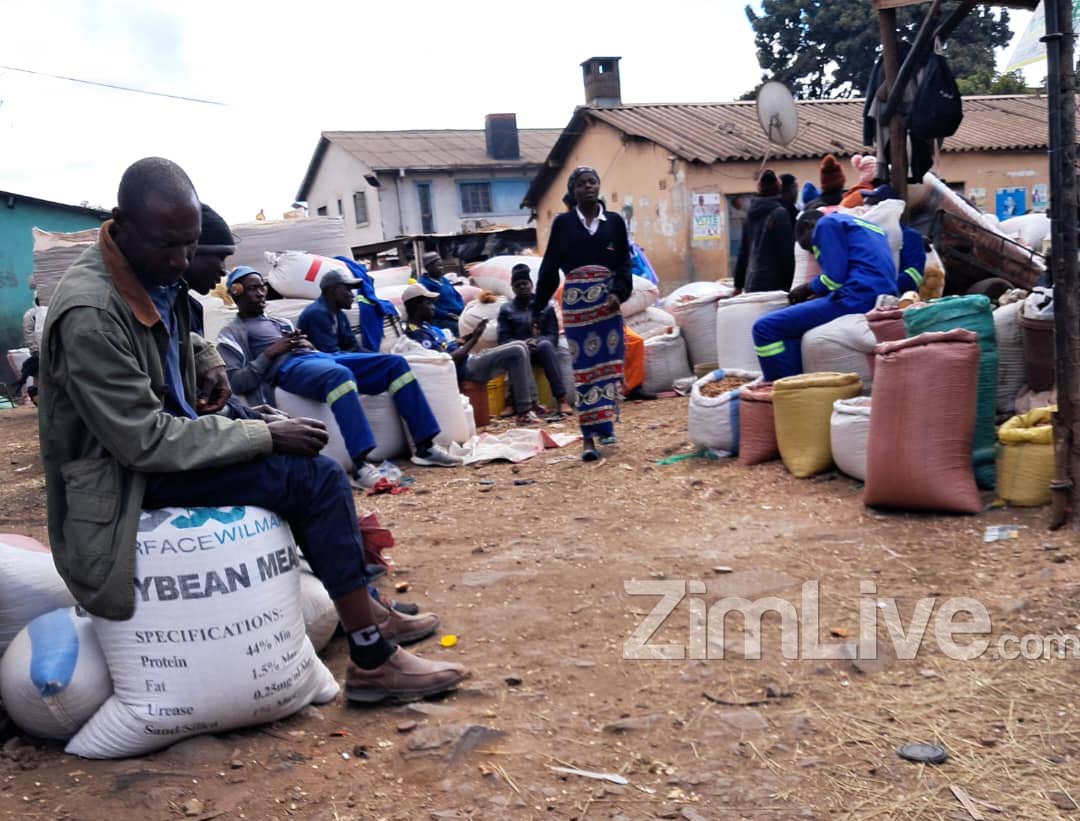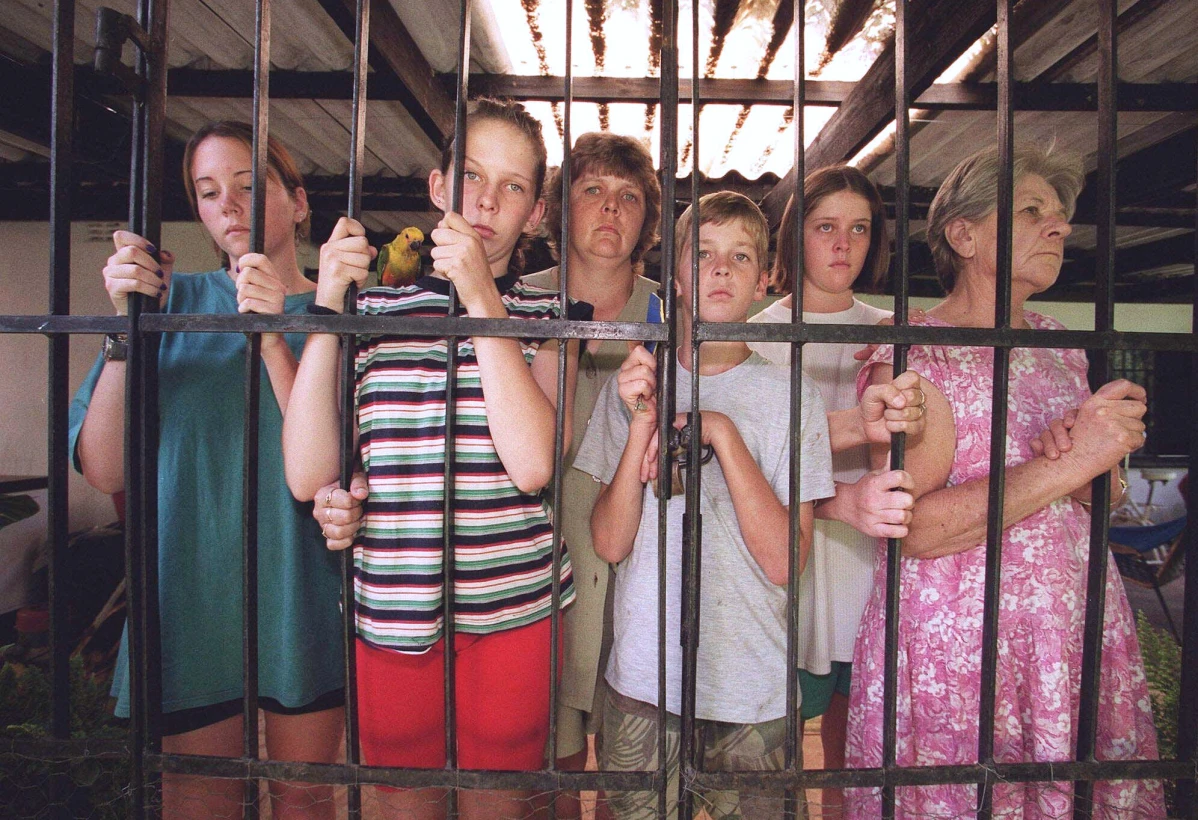HARARE – Zimbabwe’s polling-station-based voter registration envisages that voters are assigned a polling station closest to their residence.
The average number of voters per residential address is no more than 10, according to election data analysis outfit, Pachedu.
There was no hiding Pachedu’s curiosity when, while analysing the voters roll to be used in the August 23 elections, they noticed something unusual about an address in Harare’s Mbare suburb.
“In Mbare, house number 111 on 3rd Avenue has an unrealistic 183 registered voters. The majority are transfers and new voters… Recently, Zanu PF was forcing traders and vendors to transfer their votes to Mbare and Southerton,” Pachedu wrote on Twitter.
We shared Pachedu’s curiosity and sent a reporter to the address to find out what goes on at Number 111.
Our reporter Desmond Makondora sent this report from the location:
“The address is a small yellow house with asbestos sheets, perhaps two rooms and a third smaller one. It is plastered with campaign posters of President Emmerson Mnangagwa.
In the yard there are traders selling a range of farm produce at wholesale prices including peanuts, beans and peas. One trader was selling brooms and another roasted maize cobs. There is also a shed where they are selling freshly cooked food.
The place is full of bustle, with other traders camped outside next to what appears to be an abandoned bus stop. I counted about 30 people at the location.
Next to the house is a community hall, and then a school as you move further away.
A man wearing a Zanu PF T-Shirt sat on a large brick outside, smoking. He appeared to be keeping watch on people coming and going.
One man told me that the traders come from afar, in the rural areas. They sell their produce and go back. Others tensed when I asked questions about the house and I took that as my cue to leave.”
Although not strictly illegal, the registration of such a high number of voters at one location raises eyebrows and undermines the whole purpose of having people vote where they live.


We shared our findings with Pachedu, and asked for their observations. Here is their response:
“This is very problematic in two ways. Firstly, this violates the principles of delimitation. Barely five months ago, the delimitation report was published. The major intention of the entire delimitation exercise was to ensure that all constituencies had fairly just about the same number of voters with a 20 percent tolerance to safeguard the equality of the vote principle in the constitution of Zimbabwe.
However, we have seen Zanu PF forcing traders and vendors to transfer their votes to Mbare. This has seen the voter population for Mbare ballooning in the past three months by 14,293 voters from 31,502 to the current 45,795. The size of the constituency is now double the size of other constituencies such as Entumbane-Njube and Nkulumane. Delimitation has been rendered useless by these forced movements.
Secondly, this is a rigging strategy. Zanu PF wants to win Mbare and neighbouring constituencies by hook or crook. The majority of these 14,293 additional voters for Mbare are forced transfers mainly from rural areas. In 2018, Zanu PF lost Mbare constituency by just 3,391 votes. With these 14,000 voters, Zanu PF is targeting to flip Mbare.”
















